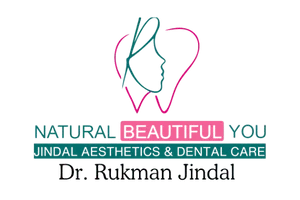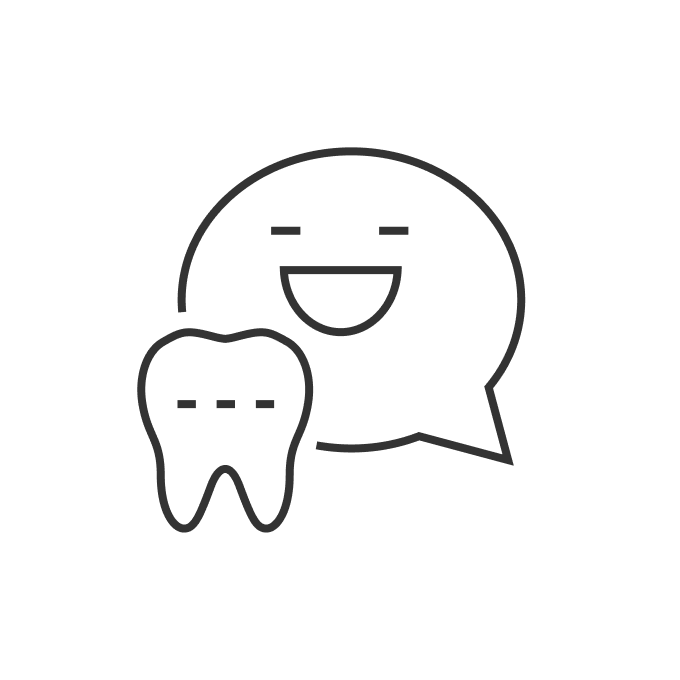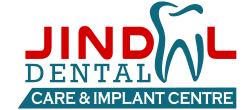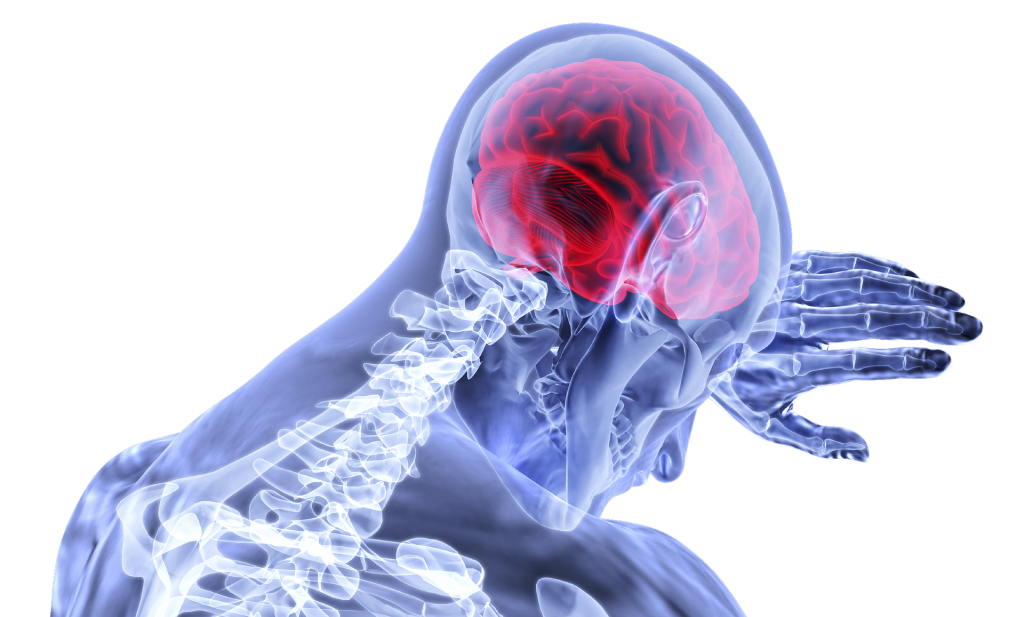The Alarming increasing number of brain attacks or strokes in our population has raised a lot of concerns about our modern lifestyle. People with a sedentary lifestyle, uncontrolled hypertension, cardiac diseases, and chronic smokers are more predisposed to brain stroke.
Brain stroke occurs with a sudden loss of blood flow or some internal bleeding in the brain.
Strokes deprive brain cells of oxygen, which leads to partial or complete damage to brain cells. The symptoms like inability to walk, hold things, or speak can manifest depending on the part of the brain involved.
These physical challenges can make it harder for the patient and their caregivers to keep up with oral hygiene routines. Some people may even need help brushing and rinsing.
What are possible Oral problems in stroke survivors?
People who have had a stroke and are in the recovery phase, stroke face lots of challenges in maintaining their oral health.
- These patients are under a lot of medication, which leads to decreased salivary flow, which in turn leads to more plaque build-up around teeth and gums. Saliva has a natural self-cleaning effect, which reduced in such cases in the mouth. Plaque build-up eventually leads to pyorrhoea and increased dental cavities. It may cause serious dental infections and may spread to the jaw bones and soft tissues also.
- Due to less physical ability and inability to brush the teeth properly, the patient will experience inadequate oral hygiene and even halitosis or bad breath.
- Some stroke patients present with facial paralysis, which leads to the inactivity of facial muscles. Hence food gets accumulated between cheeks and teeth with drooling saliva from one corner of the mouth. Paralyzed muscles can also lead to poor-fitting dentures, which in turn can irritate gums if worn for a long time. It leads to ulcerations in the mouth at various sites.
- The serious implication of poor oral hygiene is the development of aspiration pneumonia in the case of previous stroke patients.
What can I do to maintain the dental health of a stroke patient?
Maintaining good oral health in stroke patients is of utmost importance. It’s important to schedule regular dental checkups and get any problems treated immediately to avoid any further complications.
Taking Care of Your Mouth after a Stroke
- Maintaining oral hygiene, brushing twice daily, and rinsing after every meal is recommended.
- Many patients have memory disturbances, so one should always keep the toothbrush in the same spot, so it’s easy to remember.
- If the toothbrush is hard to hold, one can slip a larger plastic grip over the handle. Powered or electric toothbrushes are available to help these patients with lower manual dexterity. They make brushing a lot easier with less effort. Toothbrushes with suction facilities are also available, which are even more comfortable for the attendants.
- For dry mouth, many saliva substitutes are available in pharmacies. These solutions keep the mouth moist, and ulceration in the mouth decreases. Denture wearing becomes easier.
- Any ill-fitting dentures should be adjusted and relined.
- Always motivate the patient to become more independent in maintaining oral hygiene.
- If the person has trouble swallowing or has a dry mouth, use just a small amount of toothpaste. The person should use antibacterial Mouthwashes.
- Towel or swab the mouth if tooth brushing isn’t possible in the early days of recovery.
- The tongue is neglected majorly in such patients, so a tongue cleaner should be used by the patient to remove bacteria and food particles.
What to expect in dental visits?
- The patient should plan a regular visit to the dentist, and prophylactic treatment should be given to the patient as and when required. The doctor would do cleaning and filling of cavities, if any.
- All stroke patients usually are prescribed anticoagulants (blood thinners) to avoid the recurrence of stroke. Hence any tooth extractions can be done after consultation with a physician and after stopping anticoagulants for three days.
In case of any queries, feel free to contact us at https://ambaladental.com




